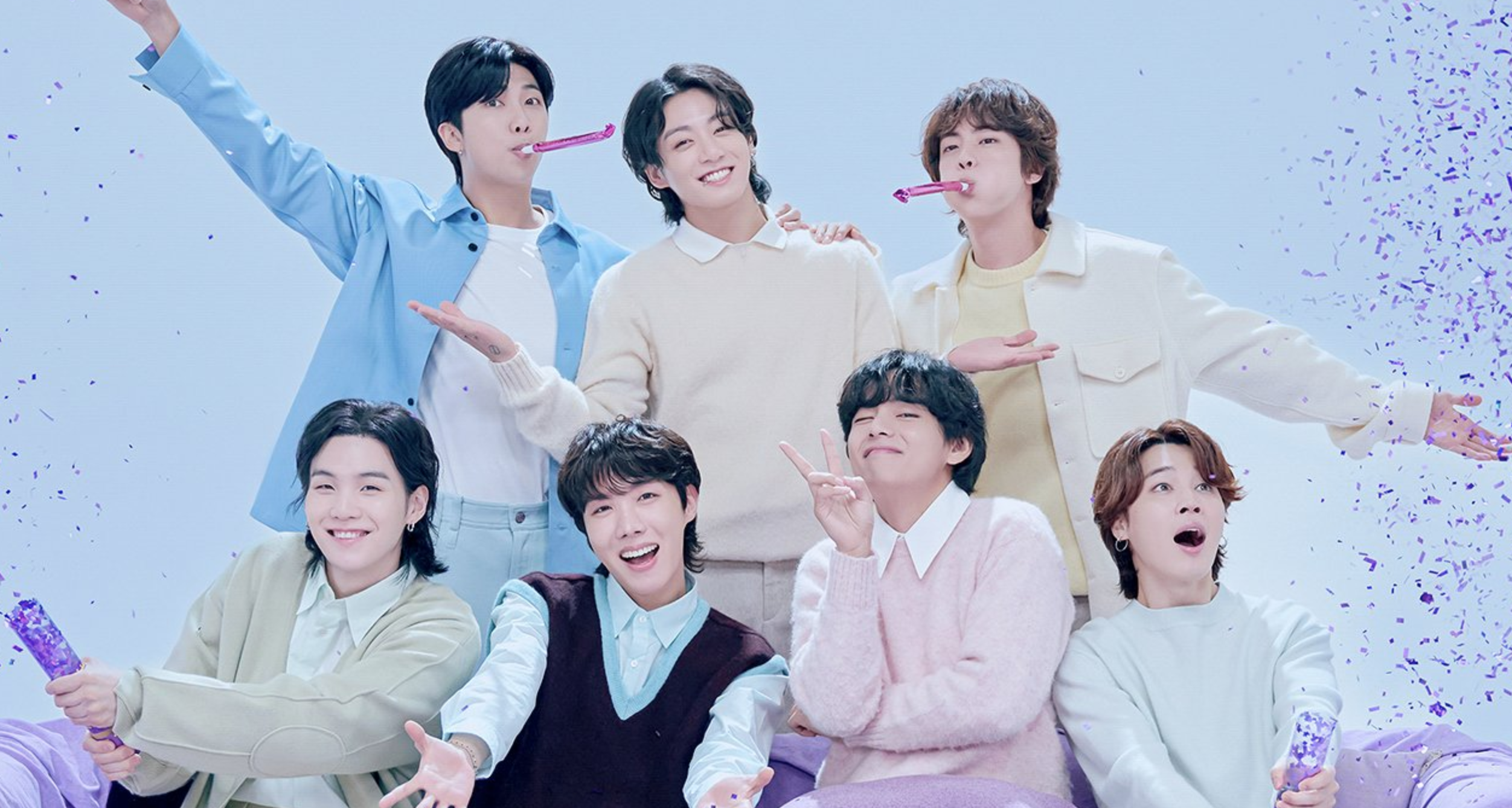The members of BTS have recently made a surprising decision about their future. A new report reveals that Jin, Suga, RM, j-hope, Jimin, V, and Jungkook have sold all their HYBE Labels stocks.
All 7 Members of BTS Have Reportedly Sold All Their HYBE Labels Stocks
In a recent report on November 17, it was revealed that all seven members of BTS have decided to sell their HYBE Labels stocks. The information, accessible through South Korea’s DART (Data Analysis, Retrieval, and Transfer System), detailed that the BTS members placed their HYBE Labels stocks on the market in September of this year.
The reported selling amounts, calculated based on the closing price on September 20 (243,000 KRW), are as follows: Jin sold approximately 12.7 billion KRW (52,385 shares), j-hope sold approximately 15.3 billion KRW (62,784 shares), RM also sold approximately 14.1 billion KRW (58,000 shares), SUGA sold approximately 16.6 billion KRW (68,385 shares), Jimin sold approximately 16.6 billion KRW (68,385 shares), V sold approximately 16.6 billion KRW (68,385 shares), and Jungkook sold approximately 16.6 billion KRW (68,385 shares).
Additionally, a shareholder report on stocks and other securities disclosed by HYBE on November 14 revealed that the label’s chairman, Bang Si Hyuk, has also chosen to decrease his ownership stake from 24,322,584 shares (58.07%) to 21,429,024 shares (51.42%), marking a decrease of 2,893,560 shares (6.65%).
As of now, HYBE Labels has not issued an official statement in response to the report.
Bang Si Hyuk Reflects on the Future
In related news, HYBE had announced its second re-signing with BTS last month. Reflecting on this with Bloomberg, Bang Si-hyuk emphasized the bond between the septet and the company, saying, “The relationship between BTS and HYBE is good, but there were difficulties during the negotiation process, and we became closer while resolving them. It was the greatest happiness in my life as a manager, which is filled with hardships.”
Bang Si-hyuk also revealed that he’s been thinking globally. “We needed to expand externally and internally to enhance the influence of K-pop in the global music market and secure many global fans. We will continue to pursue experimental attempts for the sustainable growth path of K-pop, regardless of success or failure,” he added.
